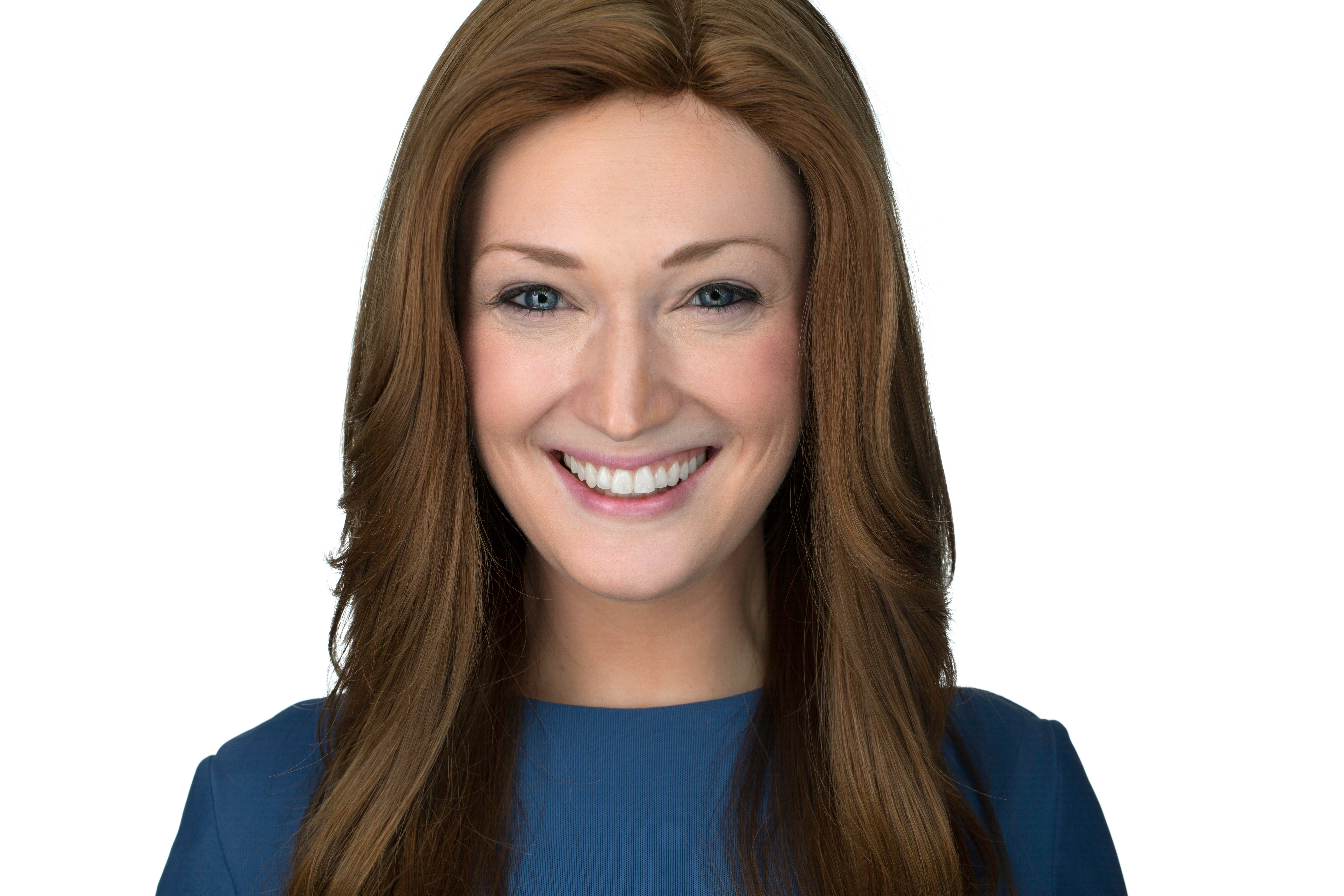Help My Daughter Be a Lawyer — or Not?

How much can we guide our children toward what we feel is right, while still supporting their dreams?

Hi,
My daughter is an 11th-grade Bais Yaakov girl and has her heart set on being a lawyer. She has been asking us for help getting started on taking college classes in the evenings so she can get a head start. Although we’re proud of her drive and want to be supportive, we don’t think this is a great career choice for a frum girl. My husband and I don’t think it’s worth arguing about, as we’re guessing she may change her mind in the next few years. The question that we have, though, is twofold:
Can we accurately assess her skills at this age to determine if it is indeed a good career fit?
Is there a way she can choose classes now that will count toward any degree she ultimately chooses?
Concerned Parents
Excellent questions from parents who really care!
You might want to speak to your family rav in answering this question. Besides the obvious questions you’ve shared, I’m hearing another layer of questioning: How do we navigate the delicate relationship between supporting independence and guiding our child toward what we feel is best for her?
Let’s start by clarifying the two components of choosing a career: aptitudes and lifestyle. Aptitudes actually can be accurately tested for by age 17. Lifestyle decisions, on the other hand, may take a bit longer, although I’ll share some tips for speeding that up too.
By aptitude testing, I’m referring to scientific tests (not multiple-choice questionnaires!) that measure certain career-related strengths and weaknesses, so you can actually get an accurate assessment of inborn skills. One of the reasons I’m a big fan of this kind of analysis is that instead of getting results that dictate one magical career match, we get a clear picture of the candidates’ skills, which we can then match up to ideal careers that fit both their skills and lifestyle choices.
Trying to make a career decision based on skills alone is impracticable at best. Say your daughter has the perfect blend of skills to be an airline pilot, sniper, or a hippotherapist. At the same time, she would like to raise a frum family in Lakewood. That’s where lifestyle choices play a big role in making real career choices.
To get a clear picture of what the lifestyle of a given career is like, I recommend your daughter meet at least three women in the career she’s considering. Learning what their lives, schedules, and interests are will give her a insider’s perspective, so she can make this decision with her eyes wide open.
Say your daughter has taken an aptitude test, and indeed the field of law seems like an excellent fit, but she now also sees how she has a great set of skills for other roles as well, like an investment consultant, or a director of human resources. That would be a good time for her to learn more about what each of these jobs are really like, and speak to people in the field. If she does clarify her decision at this point, then I’d recommend getting in touch with colleges and determining exactly what classes make sense to get started on.
But what if she realizes that she really still isn’t sure? Or what if she thinks she’s sure, but you have a very strong feeling that once she’s a bit older and more realistic, she may change her mind? How to approach college credits?
I believe that without a clear end goal, accumulating credits is like shooting without a target. It’s important to recognize that if your daughter does start taking classes without knowing exactly what degree she is focusing on, it’s extremely unlikely that every credit will be accepted by every institution, for every degree. Unfortunately, credits don’t work like interchangeable Lego systems.
Of course, I do recommend taking advantage of any credits that are easy to come by, such as CLEPs, accredited high school classes, and seminary credits. Even if they aren’t all accepted, the risk and price are very low compared to the potential savings.
Besides those credits, I’d suggest a better use of her free time in the next few years would be to focus on gaining useful skills — either through non-accredited courses, or hands-on experience. For example, interning as a paralegal, learning new software, taking LinkedIn Learning courses, getting a Google certificate, or even writing a school newsletter, will give her marketable skills as soon as she is ready to go to work, and will make her a stronger candidate for any education she chooses to pursue.
And now, let’s get back to the real question behind all this: How much can we guide our children toward what we feel is right, while still supporting their dreams?
I believe Jonas Salk sums it up perfectly with this quote: “Good parents give their children roots and wings. Roots to know where home is, wings to fly away and exercise what’s been taught them.”
It’s our job to spend the years of their childhood ensuring that their roots are deep, firm, and strong. We can only do our best to instill the values we hope they take with them forever. At a certain point, which we pray for the wisdom to recognize, it’s time to watch them soar toward their own destiny. By giving them the right tools and guidance to make this life decision, you’re giving them both the roots and wings to create a beautiful path of their own.
Shaina Keren is a career consultant who helps people discover and create careers that fit their best talents, interests, and life goals. She also advises businesses on hiring and keeping “the right people in the right seat,” in a win-win approach to growing businesses and careers.
(Originally featured in Mishpacha, Issue 895)
Oops! We could not locate your form.







